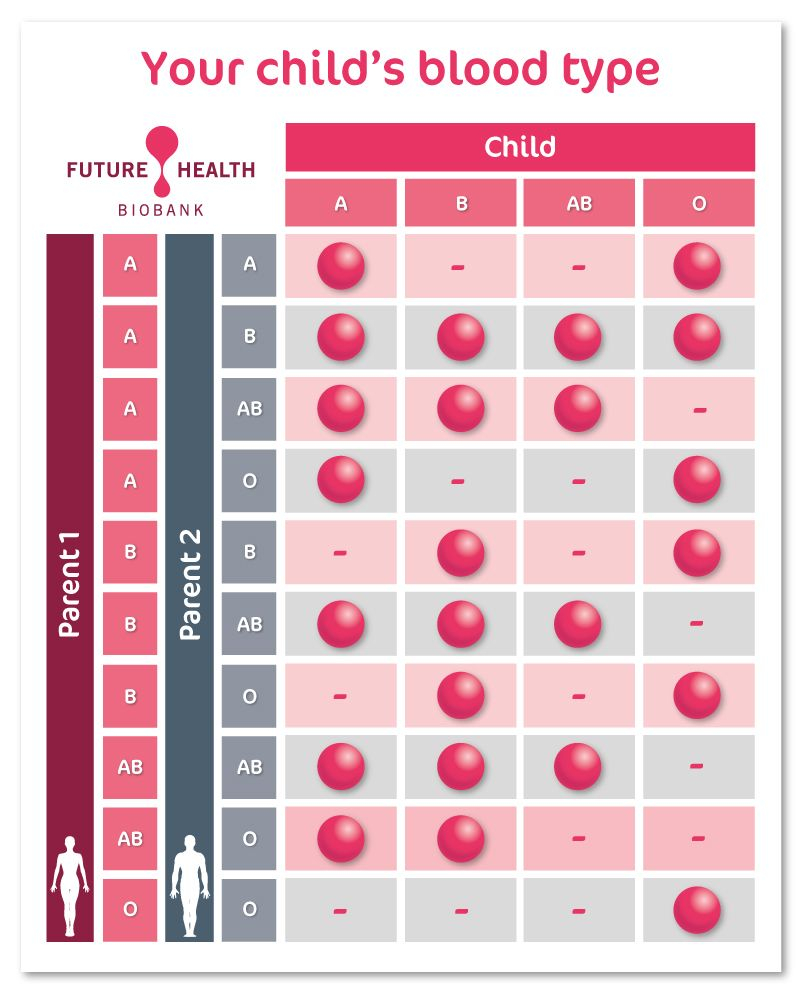What Blood Type Will My Baby Have: Understanding the Genetics Behind Blood Types
Are you curious about what blood type your baby will have? Understanding the genetics behind blood types can be fascinating and provide valuable insights into your family’s health. In this article, we will dive into the world of blood types, explore how they are inherited, and shed light on the potential blood types your baby may have. Let’s unravel the mystery of blood types and discover what determines the blood type of your little one.
Knowledge
First and foremost, it’s essential to understand the basics of blood types. There are four primary blood types: A, B, AB, and O. These blood types are determined by the presence or absence of specific antigens on the surface of red blood cells. In addition to the ABO blood group system, there is another factor known as the Rh factor, which can be positive (+) or negative (-).
When it comes to determining your baby’s blood type, it all boils down to genetics. Each person inherits one blood type allele from their mother and one from their father. The combination of these alleles determines the child’s blood type. For example, if both parents have Type A blood, their child may have either Type A or Type O blood, depending on the specific alleles inherited.
It’s important to note that the ABO blood group system follows a specific pattern of inheritance. Type A and Type B are dominant over Type O, while Type AB is codominant. This means that if a child inherits one dominant allele and one recessive allele, the dominant trait will be expressed. Understanding these genetic principles can help predict the likelihood of your baby’s blood type.
When it comes to the Rh factor, it is inherited separately from the ABO blood group. A person who is Rh positive has the Rh antigen on their red blood cells, while a person who is Rh negative does not. If both parents are Rh positive, their child is likely to be Rh positive as well. However, if one parent is Rh positive and the other is Rh negative, the child may inherit either positive or negative Rh factor.
Conclusion
In conclusion, understanding the genetics behind blood types can provide valuable insights into what blood type your baby may have. By exploring the inheritance patterns of the ABO blood group system and the Rh factor, you can make informed predictions about your child’s blood type. This knowledge can be particularly useful in medical scenarios where blood type compatibility is crucial.
Ultimately, this article appeals to expectant parents who are curious about their baby’s blood type and want to learn more about the fascinating world of genetics. By gaining a deeper understanding of blood types and their inheritance, you can better prepare for the arrival of your little one and ensure their health and well-being.
As we look to the future, advancements in genetic testing and personalized medicine are expanding our knowledge of blood types and their implications. Understanding your baby’s blood type is not only interesting from a scientific perspective but can also have practical implications for their health care. By staying informed and educated on this topic, you can make informed decisions that benefit your child’s overall well-being.





